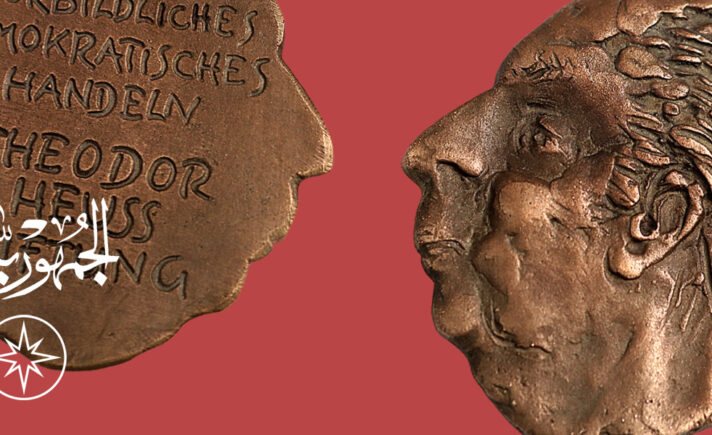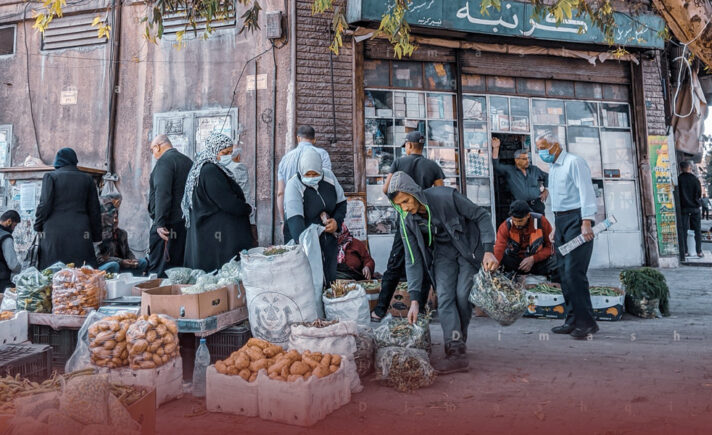“Astana cast aside” (5 August, 2019). The thirteenth round of the so-called Astana talks on Syria held between Turkey, Russia, and Iran concluded on Friday, 2 August, with few tangible results beyond the announcement of a temporary ceasefire until the end of the forthcoming Eid al-Adha holiday. While the Assad regime has not fully abided by this ceasefire, there has been a reduction in the intensity of airstrikes and clashes. The talks appeared to affirm the decline in the relevance of the Astana process, both politically and militarily, with the fate of Idlib Province, for example, increasingly now decided by bilateral Turkish-Russian contact. For more, see our full report (Arabic).
“ISIS cells continue their war against everyone” (6 August, 2019). Despite repeated declarations by Western and regional powers of the military defeat of the Islamic State (ISIS) organization in Syria, the group still in fact exists in multiple parts of the country, and continues to carry out operations on both sides of the Euphrates River. The United States and its local ally, the Kurdish-led Syrian Democratic Forces (SDF), continue to pursue ISIS sleeper cells east of the river, with frequent Apache helicopter raids on towns and villages in Deir al-Zor Province. Meanwhile, almost every week an SDF commander or officer is killed in attacks by these same cells, and attacks by ISIS on Assad regime and Iranian-backed militia forces are also routine west of the river. For more, see our full report (Arabic).
“Transformations in HTS’ behavior” (7 August, 2019). The jihadist-led umbrella group that militarily controls most of rebel-held northern Syria, known as Hay’at Tahrir al-Sham (“The Levant Liberation Committee,” or HTS), has shown indications in recent months of increasing pragmatism vis-à-vis rival rebel militants as well as the civilians over which it rules, local fighters and other residents tell Al-Jumhuriya. Some, however, dismiss these ostensible overtures as a ruse liable to be reversed at a later point if and when the group deems it expedient. For more, see our full report (Arabic).
“Did Disney make a fascist film?” (8 August, 2019). Walt Disney’s new remake of the 1994 classic film, The Lion King, has been accused in certain circles—perhaps most notably in a Washington Post column by Utretch University’s Dan Hassler-Forest—of promoting a racist, patriarchal, homophobic, even fascist worldview. The argument goes that the ruling class depicted in the film (i.e., lions) is defined by its biological traits, taken to be superior to those of the uncouth underclass (hyenas) who seek to usurp the lions’ power, in what the film frames as an affront to the natural, (male) lion-led order. Our writer weighs the arguments for and against this position, and admits to enjoying the film with his son while also seeing parallels between the lions and Syria’s own Assad (meaning “lion” in Arabic), and wondering how to go about discussing these nuances with his son. For the full article, see here (Arabic).
“Cancer defeated” (9 August, 2019). Syrian state media recently revealed that Bashar al-Assad’s wife, Asma, is now rid of the breast cancer that had previously afflicted her; pairing the announcement with a typically flattering interview and photo shoot. Our writer explores the various ways in which the Assad regime has exploited Asma’s illness for political gain. For the full article, see here (Arabic).





